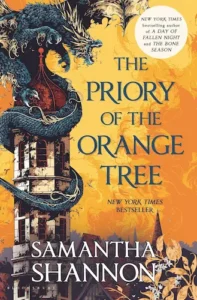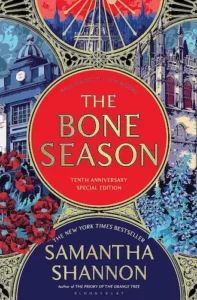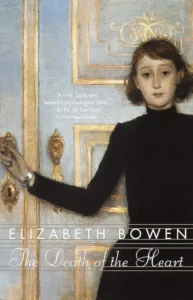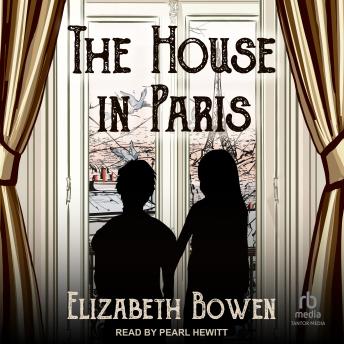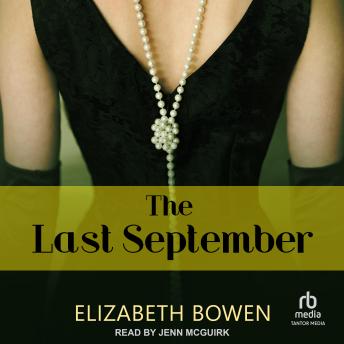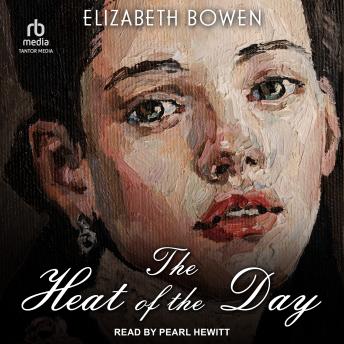Join us in this LitStack Rec where we recommend two great books, The Priory of the Orange Tree, an expansive book, with expertly expressed world building; and the wonderful chilliness in the classic novel of pre-World War II manners, The Death of the Heart.
You can find and buy the books we recommend at the LitStack Bookshop on our list of LitStack Recs.

Welcome back, LitStackers! As the summer heat simmers down (we hope) and the promise of fall whispers in the air, we’ve been drawn to two novels that offer a perfect blend of escapism and emotional depth. One transports us to a fantastical world of dragons and magic, while the other delves into the complexities of human relationships in a more grounded setting.
Today, we’re excited to share our LitStack Rec of Samantha Shannon’s The Priory of the Orange Tree and Elizabeth Bowen’s The Death of the Heart – two books sure to capture your imagination and leave a lasting impression. Whether you’re seeking a thrilling adventure or a poignant exploration of the human condition, these two novels have something to offer every reader. So, grab your favorite beverage, settle into a cozy nook, and join me as we dive into these literary treasures.
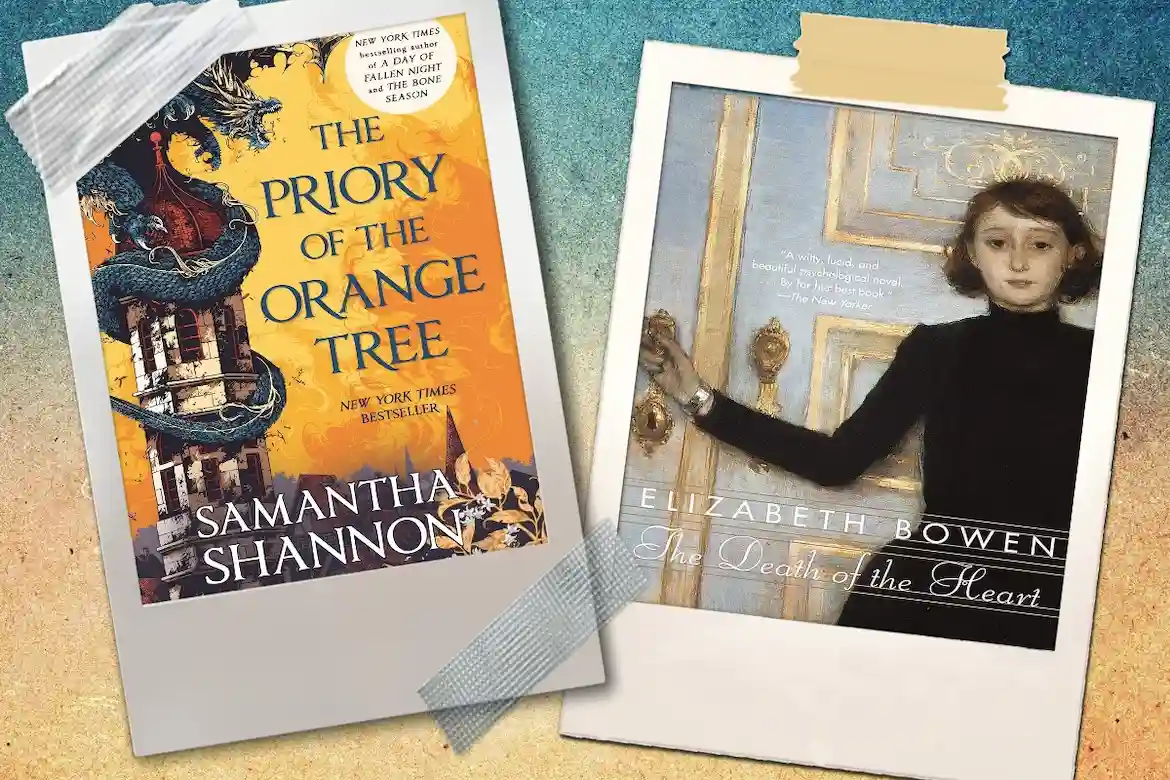
In This LitStack Rec:
The Priory of the Orange Tree, by Samantha Shannon
Samantha Shannon’s The Priory of the Orange Tree received quite a bit of buzz from the sci-fi/fantasy crowd, but for the longest time I wasn’t able to free up enough time to sink my teeth into it – then I made the time! I understand the buzz now; I did enjoy it, and recommend it.
The Priory of the Orange Tree is definitely an expansive book, with a lot of well thought out and wonderfully expressed world building. The main characters are involved, and most of them are complex. There is, thankfully, a definitive lack of damsels in distress (there are lots of strong female characters in this book), although there are a few knights in shining armor (okay, not necessarily masculine characters dressed in metal, but still…) The action is enough in the realm of fantasy to keep from feeling bizarre but different enough to pique interest even within the genre. And it’s not all just hack and slash action, but has a pretty deep religious and philosophical edge to it, as well.
I found the religious aspect of it to be especially intriguing. Much like the main religions in our mundane world, The Priory of the Orange Tree has two widely divergent religions and two widely divergent world views that nevertheless grew from the same root, and adherents of each (in good faith) believe their truth to be the only valid one. This, of course, affects not only culture but also travel and commerce, both positively and negatively. That the religions have dragons at their core is a very
There is a strict duality that defines most of the secondary characters, to some degree many of the main characters, and virtually all of the places and motives that drive the action: the trusted adage of good vs evil. Evil places are stereotypically evil and dark in their color palette, their feel, their ugliness. Good places are incredibly beautiful, colorful, gracious. Good people are good, beautiful and selfless, bad people are bad, false and selfish.
Call it fate all you want, but when things just happen to work out the way the story needs it to, despite all odds; when characters are able to perform feats beyond their training and/or station; when everyone is so very good at what they do (and we’re asked often to know that despite how they appear) and yet can go beyond even that; when what is assured to kill does not, when what is avowed to be beyond human endurance instead isn’t, when the impossible becomes attainable often, then the story starts to ring, and The Priory of the Orange Tree definitely rings!
It’s a fun read. A good one, even. There are wonderful moments and interesting divergences in the plot, a well developed world mythology including a not so typical take on dragons, some absolutely wonderful characters (all those strong women!), and some thought provoking discussions between those wonderful characters. The Priory of the Orange Tree has a lot going for it.
If you enjoy high fantasy and have a love of strong women – and dragons! – I urge you to check it out. It’s certainly worth the read.
—Sharon Browning
About Samantha Shannon, Author of The Priory of the Orange Tree

Samantha Shannon is a British author renowned for her captivating dystopian and fantasy fiction. Her literary journey began with her 2013 debut, “The Bone Season,” the first installment in a planned seven-book series. Born in Hammersmith and raised in Ruislip, London, Shannon’s passion for writing ignited at the age of fifteen when she penned her first (unpublished) novel, “Aurora.” She later honed her craft studying English Language and Literature at St. Anne’s College, Oxford. Shannon’s Irish heritage, stemming from her father’s County Roscommon roots, is evident in her work.
Her standalone high fantasy, The Priory of the Orange Tree, offers a unique reimagining of the classic legend of Saint George and the Dragon. The tale expanded further with the release of the prequel, A Day of Fallen Night, in February 2023.
Titles by Samantha Shannon
The Death of the Heart, by Elizabeth Bowen
Even though it’s spring, there may be snow and frigid temperatures outside your window, and in Elizabeth Bowen’s 1938 novel, there’s likewise cold temperatures, of the emotional sort:
“That morning’s ice, no more than a brittle film, had cracked and was now floating in segments. These tapped together or, parting, left channels of dark water, down which swans in slow indignation swam. The island stood in a frozen woody brown disk: it was between three and four in the afternoon. a sort of breath from the clay, from the city outside the park, condensing, made the air unclear; through this, the trees round the lake soared frigidly up. Bronze cold of January bound the sky and the landscape: the sky was shut to the sun—but the swans, the rims of the ice, the pallid withdrawn Regency terraces had an unnatural burnish, as though cold were light.”
I love this novel, in part, for this tone of chilliness, though I can appreciate how some readers might not find Bowen’s sensibility to their liking. Set in London between the World Wars, the story of adolescent Portia Quayne, who falls for a boy named Eddie, doesn’t sound all that cold, but Portia’s mother has recently died and as the novel opens, Portia has just moved in with her half-brother Thomas (Portia’s father via an affair with her mother) and his wife Anna. For me, the distant tone that defines its style conveys the isolation, the self-consciousness, and the desperation of what it feels like to be alone in the world.
The is something momentous about the height of winter. Steps rang on the bridges, and along the black walks. This weather had set in; it would freeze harder tonight.
So there may be chilliness in this classic novel of pre-World War Two manners, but Bowen’s precision, her sense of visual imagery, those “channels of dark water, down which swans in slow indignation swam,” and her sharp renderings of longing are likely what you’ll remember.
The Modern Library Association included The Death of the Heart in its list of One Hundred Best Novels.
—Lauren Alwan
About Elizabeth Bowen, Author of The Death of the Heart
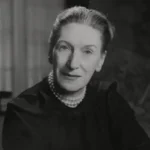
Elizabeth Bowen, an esteemed Irish-British author, is celebrated for her insightful portrayals of the “big house” culture of Irish landed Protestants and her vivid depictions of wartime London. Bowen’s literary prowess earned her a Nobel Prize nomination in 1958, a testament to her profound exploration of “life with the lid on and what happens when the lid comes off.” Her works delve into the fragility of ordinary life, the transformative power of experience, and the hidden betrayals that simmer beneath societal norms.
Bowen’s prose, heavily influenced by literary modernism, is intricately crafted and often reflects her fascination with film and its techniques. The settings of her stories play a crucial role, deeply impacting character psychology and plot development. Furthermore, Bowen’s talent extended to the realm of supernatural fiction, with her ghost stories earning the admiration of fellow author Robert Aickman, who hailed her as “the most distinguished living practitioner” of the genre.
Titles by Elizabeth Bowen
Other LitStack Resources
Be sure and look at our other LitStack Recs for our recommendations on books you should read, as well as these reviews by Lauren Alwan.
As a Bookshop, Malaprop’s, BAM, Barnes & Noble, Audiobooks.com, Amazon, and Envato affiliate, LitStack may earn a commission at no cost to you when you purchase products through our affiliate links.
You can find and buy the books we recommend at the LitStack Bookshop on our list of LitStack Recs.



